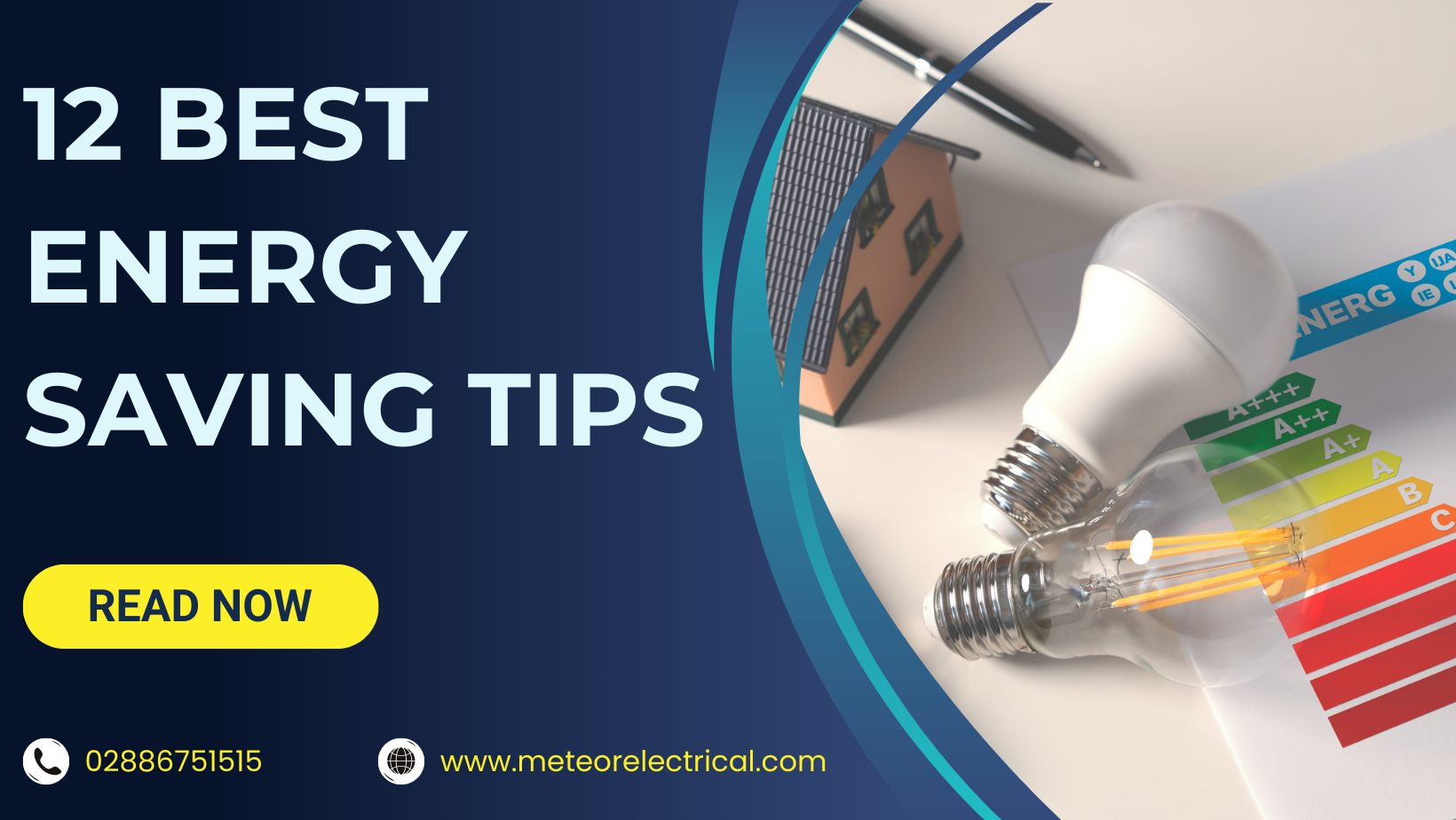12 Essential Energy-Saving Tips for Homeowners
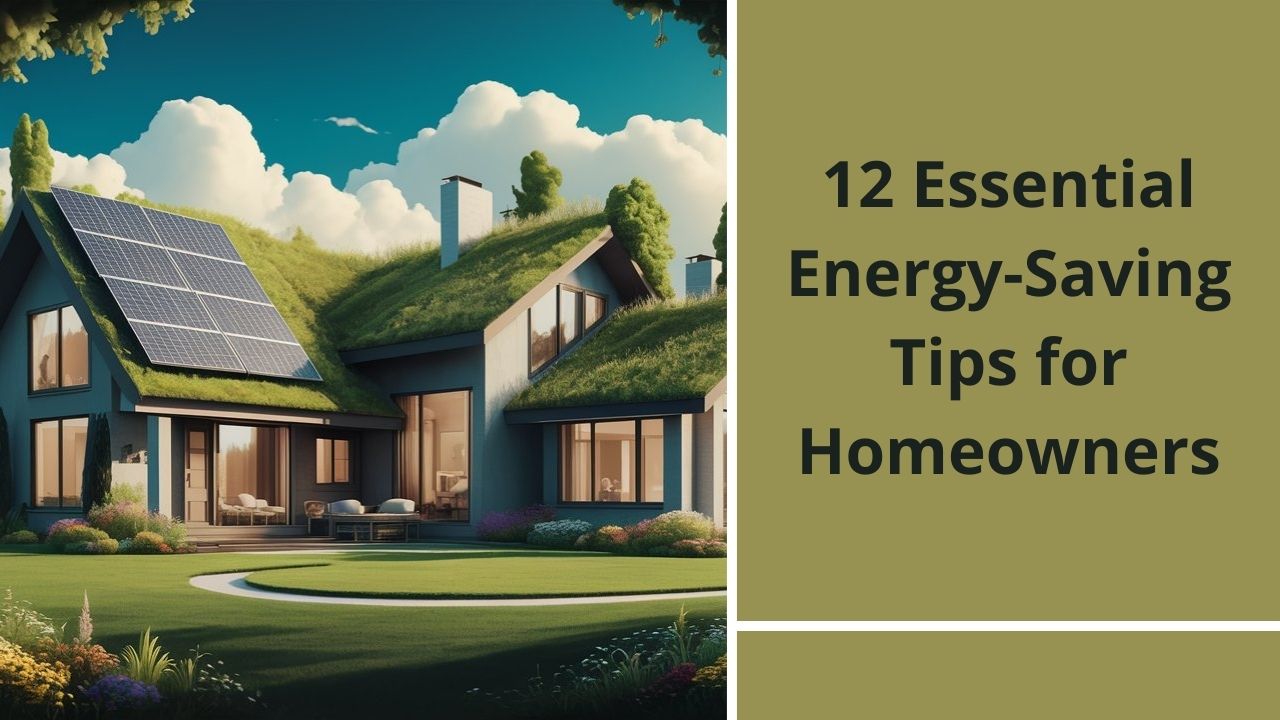
Welcome to your ultimate guide on saving energy at home! Whether you're a savvy homeowner looking to reduce your utility bills, contribute to environmental sustainability, or just curious about how to make your home more energy-efficient, you've come to the right place. In this comprehensive guide, we'll explore practical tips, seasonal strategies, and innovative solutions that will help you cut costs and enhance comfort. Let’s begin!
Why Energy Efficiency Matters
Before diving into the nitty-gritty of energy-saving tips, let's take a moment to understand why energy efficiency should be a priority. Reducing energy consumption helps lower your utility bills and reduces your carbon footprint, contributing to a healthier planet. Moreover, energy-efficient homes often have better indoor air quality, enhanced comfort, and increased property value. So, whether you're motivated by financial savings, environmental concerns, or both, optimising your home's energy use is a win-win!
1. Start with a Home Energy Audit
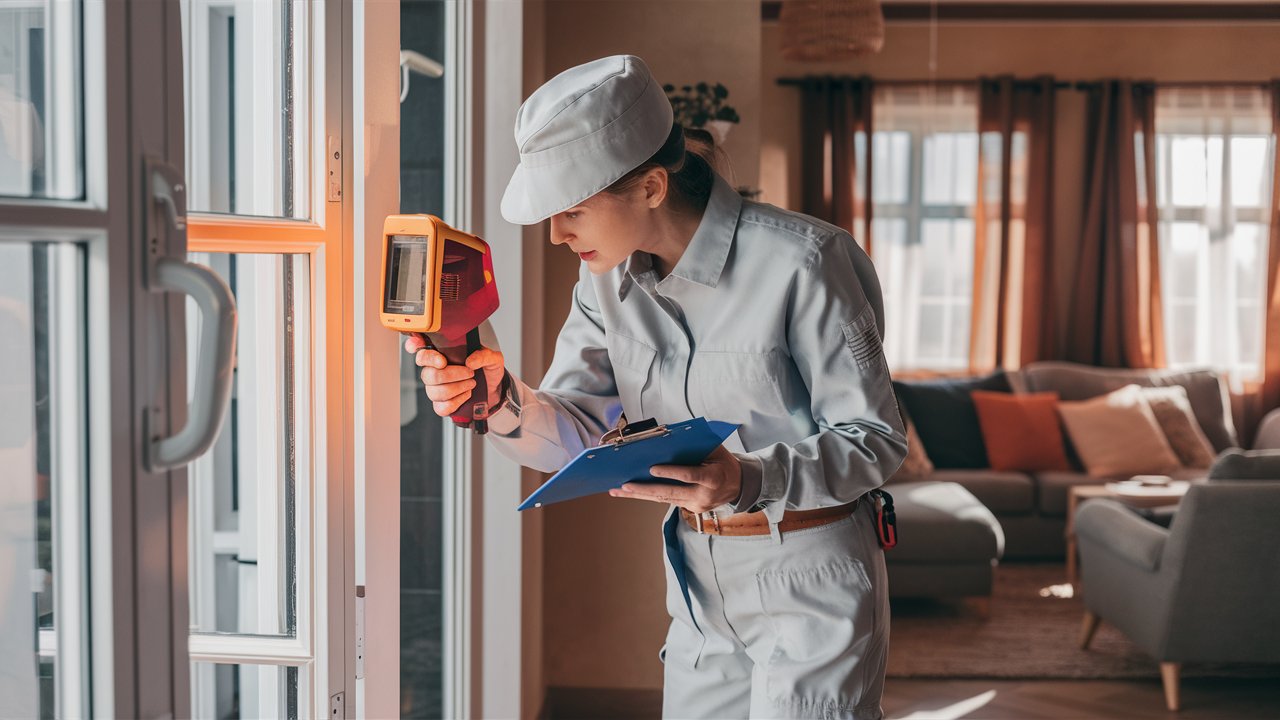
A home energy audit is the first step toward understanding how efficiently your home uses energy. This comprehensive assessment, often performed by a professional, evaluates your home's insulation, heating and cooling systems, windows, doors, and more. You'll receive a detailed report highlighting areas where you can improve efficiency, and the audit may even recommend specific upgrades or repairs (Energy Saving Trust).
DIY Tip: If you're not ready for a professional audit, you can perform a basic self-audit. Check for drafts around windows and doors, inspect insulation levels in your attic and walls, and evaluate your lighting and appliance usage (Energy.gov).
2. Upgrade to Energy-Efficient Appliances
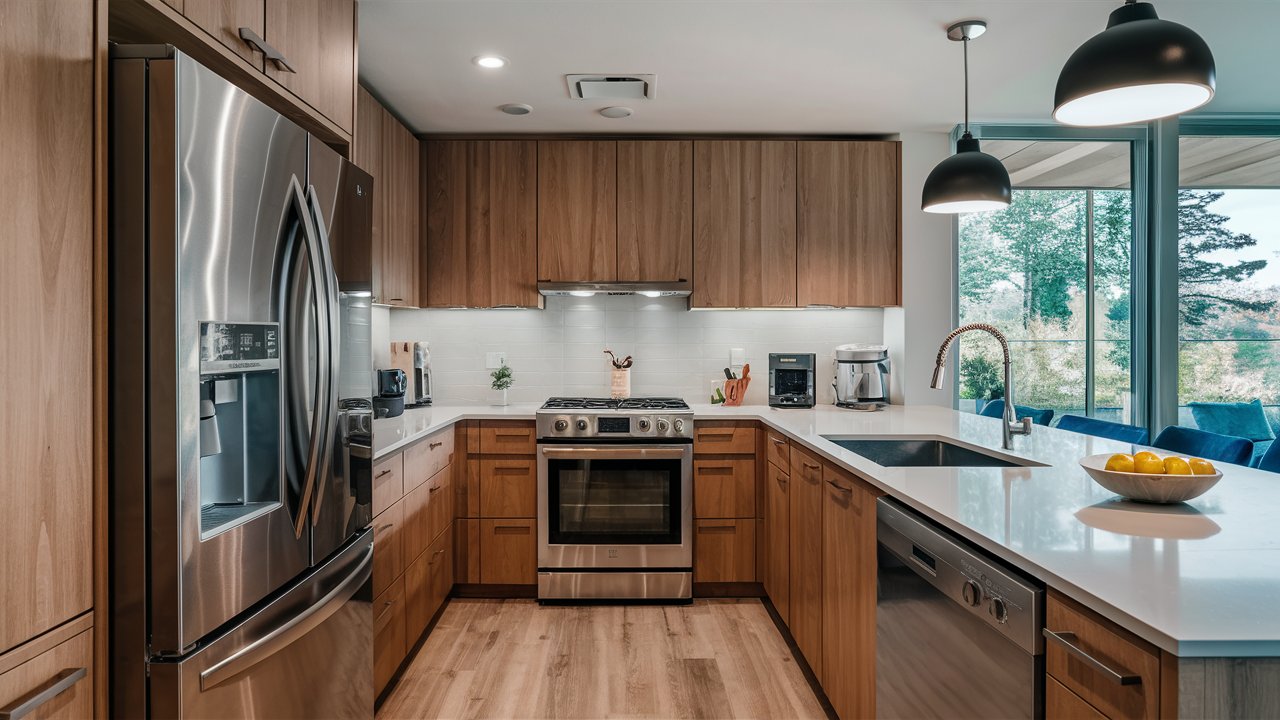
Appliances can be significant energy consumers. Upgrading to energy-efficient models, as the UK energy labels indicate, can lead to substantial savings over time. Look for appliances with high-efficiency ratings and consider replacing older models that may be using more energy than necessary (Energy Saving Trust).
Appliance Upgrade Guide:
- Refrigerators: Modern refrigerators are designed to use less energy while offering more features. Ensure your chosen model has a high energy efficiency rating (Which?).
- Washing Machines: High-efficiency washing machines use less water and energy, making them a smart investment.
- Dishwashers: Look for dishwashers with energy-saving modes and efficient water use (Consumer Reports).
For lighting upgrades, check out our range of energy-saving LED bulbs at Meteor Electrical. These bulbs offer high energy efficiency and long-lasting performance
3. Optimize Heating and Cooling

Heating and cooling typically account for a significant portion of your energy bill. Here are some strategies to keep your home comfortable while minimising energy use:
- Thermostat Management: Invest in a programmable or smart thermostat. These devices allow you to set different temperatures for various times of the day, reducing energy usage when you're not home (Energy Saving Trust).
- Seasonal Adjustments: In winter, set your thermostat to 20°C (68°F) during the day and lower it at night. In summer, aim for 26°C (78°F) when you're at home and increase it when you're away (The Carbon Trust).
- Heating System Maintenance: Regular maintenance, including changing air filters and having your system inspected, ensures efficient operation.
Consider our smart heaters at Meteor Electrical, designed to efficiently warm your space while offering programmable settings to match your daily schedule. These heaters can help you maintain comfort with minimal energy use.
4. Insulate and Seal Your Home
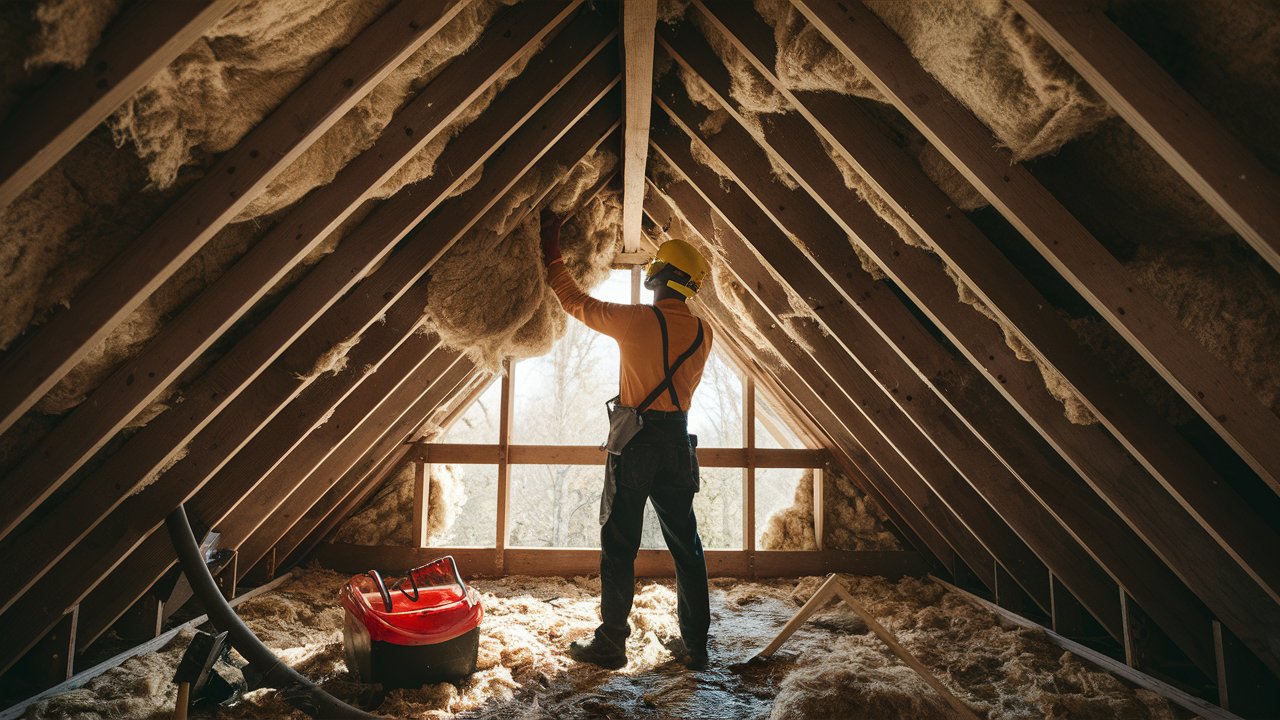
Proper insulation and sealing can significantly reduce heating and cooling costs. Here’s how you can improve your home's insulation:
- Attic Insulation: Adding insulation to your attic can prevent heat from escaping in the winter and keep your home cooler in the summer (Gov. uk).
- Wall Insulation: If your walls are poorly insulated, consider adding insulation to help maintain a stable indoor temperature.
- Seal Gaps: Check for gaps and cracks around windows, doors, and pipes. Use weatherstripping or caulking to seal these areas and prevent drafts.
5. Upgrade Your Lighting
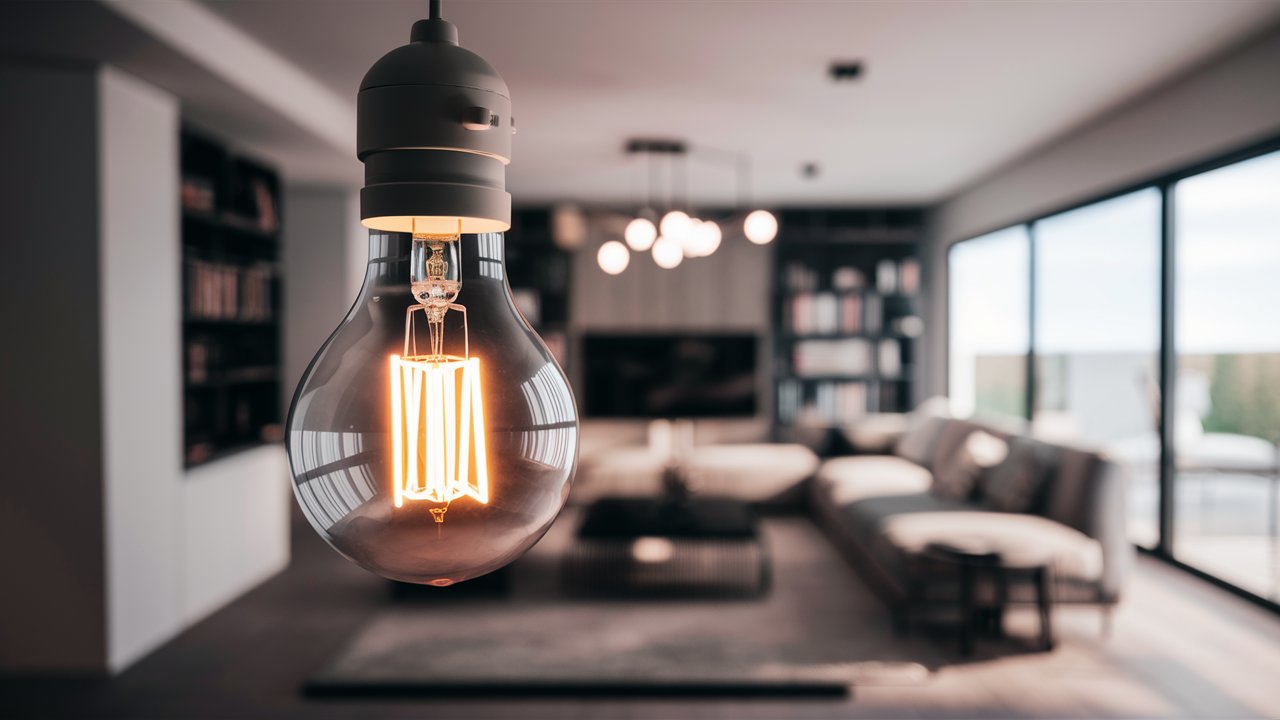
Lighting can account for a considerable portion of your electricity use. Here’s how to make your lighting more energy-efficient:
- Switch to LED Bulbs: LED bulbs use up to 80% less energy than traditional incandescent bulbs and last much longer.
- Install Dimmer Switches: Dimmer switches allow you to adjust the brightness of your lights, reducing energy consumption.
- Use Motion Sensors: Motion sensors can automatically turn off lights when a room is not in use, preventing unnecessary energy waste.
Explore our selection of energy-efficient LED bulbs at Meteor Electrical. These bulbs offer superior brightness with minimal energy use, making them a great choice for any room in your home. Learn more about LED lighting here!
6. Make the Most of Natural Light
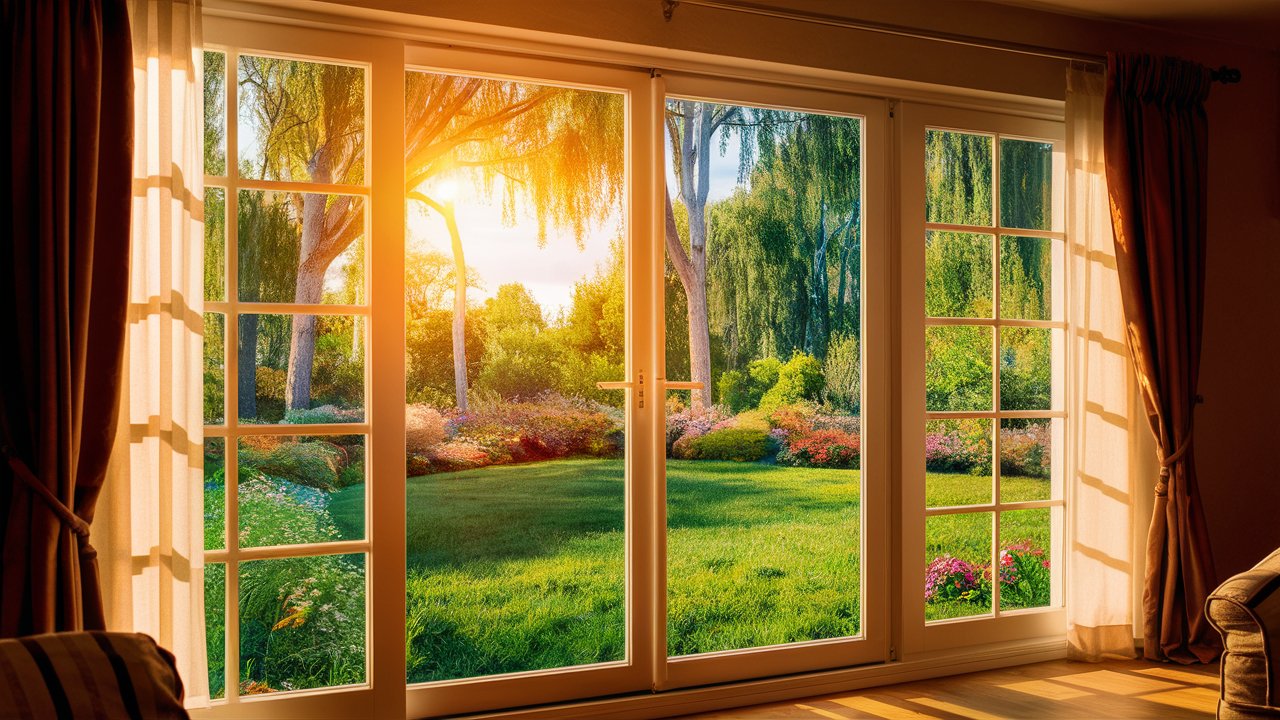
Maximising natural light in your home reduces the need for artificial lighting during the day. Here are some tips to harness the power of the sun:
- Open Curtains and Blinds: During the day, open your curtains and blinds to let natural light flood your rooms (Energy Saving Trust).
- Use Light-Reflecting Surfaces: Light-colored walls, ceilings, and floors can help reflect and amplify natural light throughout your home.
- Install Skylights: Skylights are a great way to bring more natural light into your home, especially in areas with limited window access.
7. Save Water and Energy with Efficient Fixtures
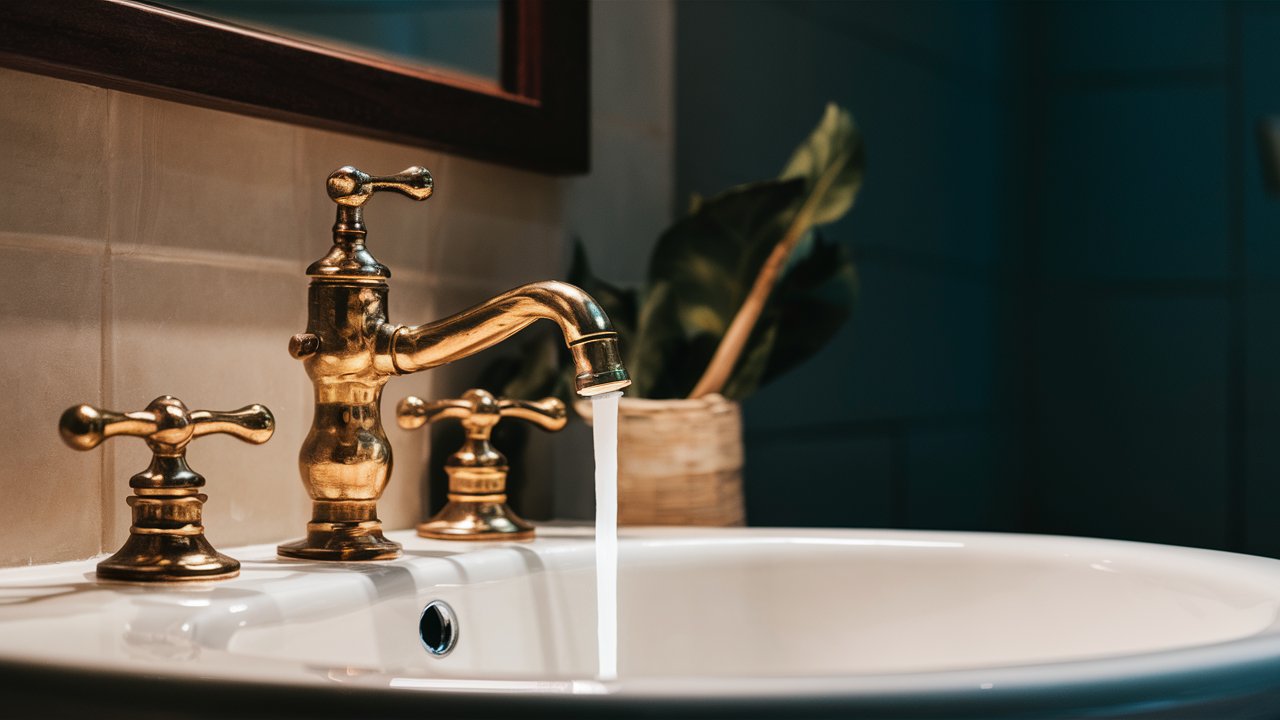
Water heating is another area where you can achieve significant energy savings. Consider these upgrades:
- Low-Flow Fixtures: Install low-flow showerheads and faucets to reduce water usage without sacrificing performance (Environmental Protection Agency).
- Tankless Water Heaters: Tankless water heaters heat water on demand, which can be more energy-efficient than traditional tank-style heaters.
- Insulate Water Pipes: Insulating your hot water pipes reduces heat loss and ensures you get hot water faster.
8. Optimize Your Home’s Energy Use
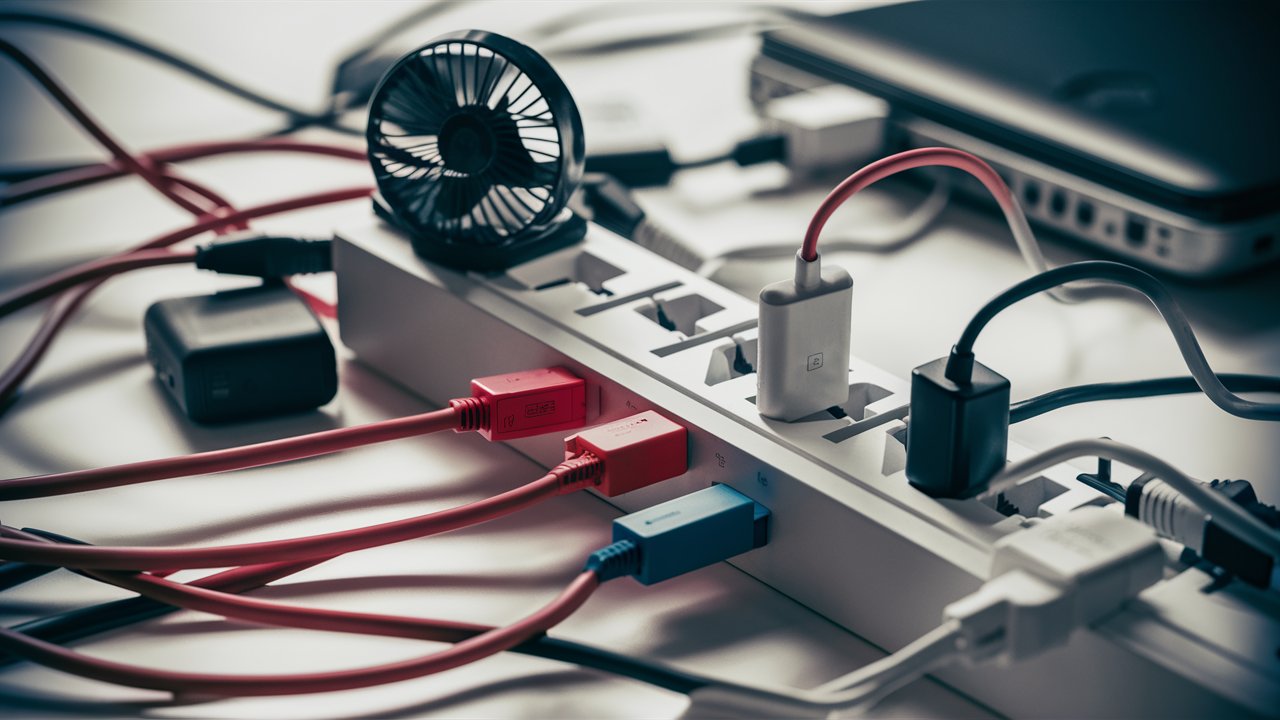
Small changes in daily habits can make a big difference. Here’s how you can optimise your home’s energy use:
- Unplug Devices: Many electronic devices consume energy even when turned off. Unplug devices or use power strips with switches to cut off power when not in use (WCL).
- Use Energy-Efficient Power Strips: Advanced power strips can automatically cut power to devices when they’re not in use, reducing standby energy consumption. Consider our Knightsbridge smart power strips to efficiently use all your appliances.
- Cook Efficiently: Use pots and pans that match the size of your burner to minimise heat loss, and consider using a pressure cooker to reduce cooking time.
9. Insulate Your Attic and Basement

Insulating your attic and basement prevents warm air from escaping, keeping your home warm during winter without relying heavily on heating systems. This can lead to significant savings on your energy bill as insulation helps maintain the warmth in your home throughout the night.
Tips for Implementing Attic and Basement Insulation:
- Attic Insulation: Install insulation between the attic floor joists to prevent heat from rising and escaping through the roof. Consider using blown-in insulation for hard-to-reach areas (Energy Saving Trust).
- Basement Insulation: Insulate basement walls and floors to keep the cold out. Use foam board insulation or spray foam for effective coverage.
- Check for Air Leaks: Seal any gaps or cracks in the attic and basement to enhance the insulation’s effectiveness.
- Use Radiant Barriers: In the attic, consider installing a radiant barrier to reflect heat back into your home, further reducing heat loss.
Want to learn more about insulating your home? Here’s a great video to get you started!
Credit: Which?
10. Invest in Solar Solutions
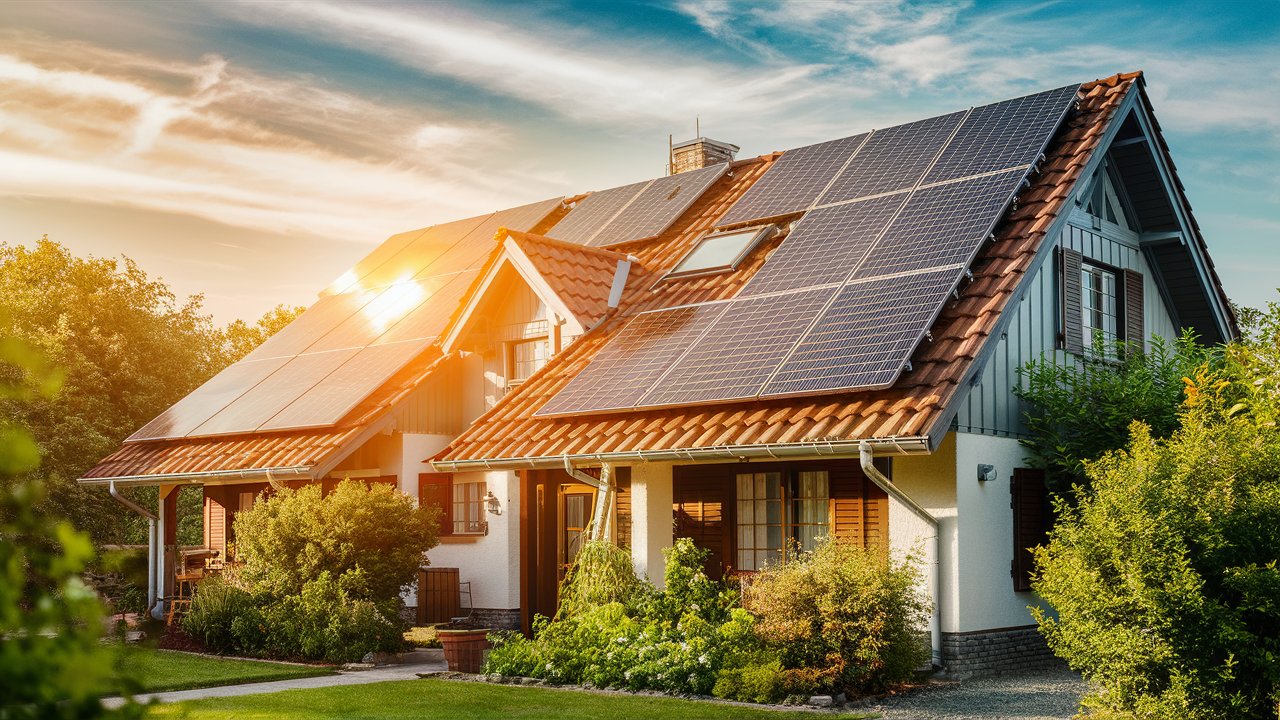
Solar energy is a clean, renewable resource that can significantly reduce your reliance on traditional energy sources. Consider installing solar panels to generate electricity for your home. While the initial investment can be substantial, the long-term savings and environmental benefits are well worth it.
Solar Solutions Guide
Ready to harness the power of the sun? Solar solutions are not only eco-friendly but can also save you money in the long run. Here’s how you can tap into this renewable resource:
- Solar Panels: Imagine generating your own electricity right from your roof! Solar panels convert sunlight into electricity, providing clean energy for your home. Not only will you reduce your energy bills, but you can also earn credits by feeding excess power back into the grid. It's like turning your roof into a mini power station! (Solar Energy UK).
- Solar Water Heaters: Say goodbye to high water heating bills by switching to solar water heaters. These systems use the sun’s energy to heat water, significantly reducing the load on your traditional water heater. Enjoy hot showers and save money while reducing your carbon footprint. It’s a win-win for both your wallet and the environment!
By integrating these solar solutions into your home, you can make a substantial impact on your energy consumption and contribute to a greener planet.
11. Implement Smart Home Technology

Smart home technology can enhance your home's energy efficiency by automating and optimising energy use. Here are some smart tech solutions:
- Smart Plugs: Control power to devices remotely and set schedules to reduce energy consumption. Do smart plugs save energy? Yes, they do! (Which?).
- Smart Lighting Systems: Integrate lighting controls with smart home systems for better energy management.
- Smart Thermostats: Adjust heating and cooling settings based on your habits and preferences.
Check out our range of smart heaters, lighting, plugs, and other smart home products at Meteor Electrical to modernise your home with energy-efficient technology.
12. Use Your Washing Machine Efficiently
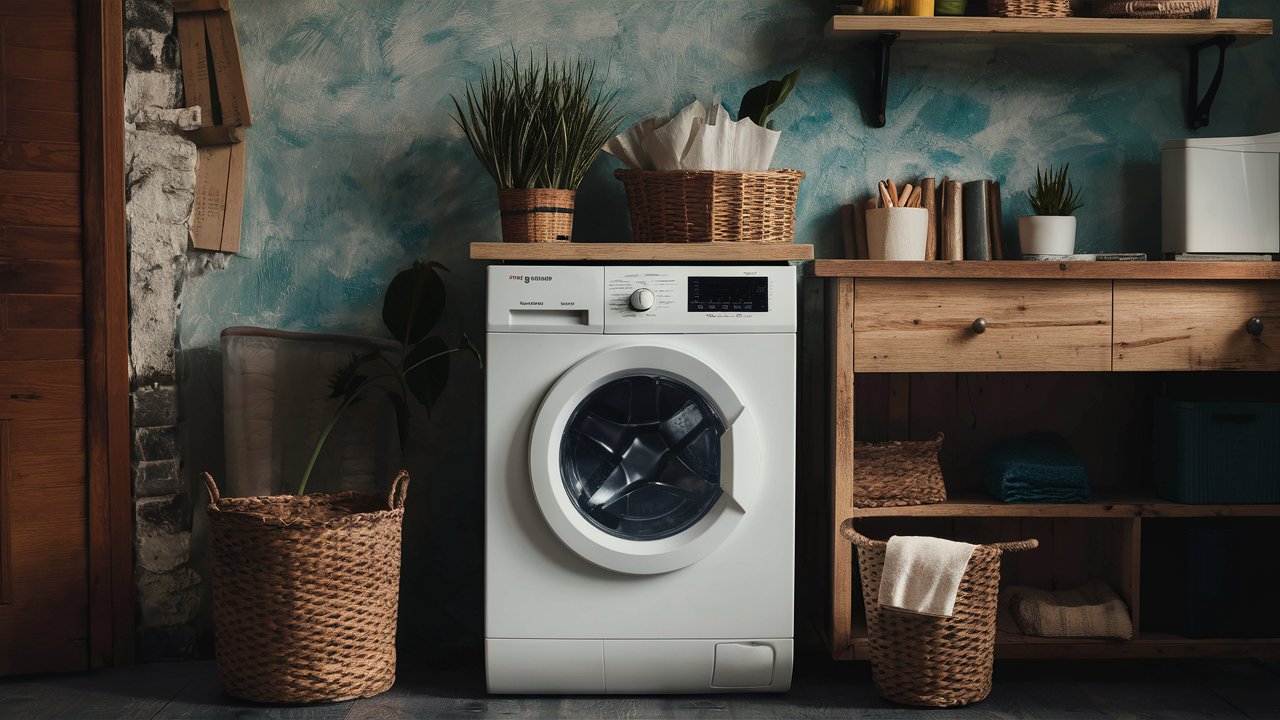
Your clothes, dryer and washing machine are major energy users. Proper maintenance and usage can help you save energy and extend the lifespan of these appliances.
- Clean Dryer Vents: Regularly clean the lint filter in your dryer and inspect the vent pipe to remove any lint buildup. This improves efficiency and reduces the risk of fire.
- Use Dryer Balls: Adding dryer balls to your load can help improve air circulation, reduce drying time, and soften clothes naturally.
- Run Full Loads: Always run full loads in your washing machine and dryer to maximise energy efficiency. Avoid running small or partial loads when possible.
- Use Cold Water: Wash clothes in cold water instead of hot. Most detergents are effective in cold water, and this can reduce your energy consumption significantly.
Final Takeaway
By incorporating these energy-saving tips into your routine and exploring our selection of energy-efficient products at Meteor Electrical, you can enjoy a more efficient home, lower utility bills, and contribute to a healthier environment. Remember, every small change adds up to significant savings over time. Whether you start with a home energy audit, upgrade your appliances, or make simple adjustments to your daily habits, your efforts will make a positive impact. Here’s to a more energy-conscious and comfortable home!
FAQ: Energy-Saving Tips for Homeowners
1. How can I reduce my energy bills at home?
Perform a home energy audit, upgrade to energy-efficient appliances, and improve insulation. LED lighting and smart thermostats are used to manage energy use effectively.
2. What are the benefits of energy-efficient appliances?
Energy-efficient appliances reduce energy consumption, lower utility bills, and decrease your carbon footprint. They often have a longer lifespan and provide better performance.
3. How do smart thermostats save energy?
Smart thermostats optimise heating and cooling schedules based on your habits, reducing energy waste by adjusting temperatures when you're not home.
4. What is the best way to insulate my home?
Focus on attic and wall insulation, seal gaps around windows and doors, and use weatherstripping. Proper insulation helps maintain a stable indoor temperature, reducing heating and cooling costs.
5. How can I use natural light to save energy?
Maximise natural light by opening curtains and blinds during the day. Use light-coloured walls and reflective surfaces to amplify sunlight, reducing the need for artificial lighting.
6. What are some quick ways to save energy?
Unplug devices when not in use, switch to LED bulbs, use energy-efficient power strips and adjust your thermostat settings. Small changes can lead to significant energy savings.
7. Do smart plugs save energy?
Yes, smart plugs reduce standby power consumption by allowing you to turn off devices remotely or set schedules for when devices should be powered off.
8. How often should I perform maintenance on my heating system?
Regular maintenance, including changing air filters and having your system inspected annually, ensures efficient operation and reduces energy consumption.
9. Are there government incentives for using energy-efficient appliances?
Many governments offer rebates and incentives for purchasing energy-efficient appliances and making home energy improvements. Check local programs for available benefits.
10. Can solar panels really reduce my energy bills?
Yes, solar panels can significantly reduce your electricity bills by generating your own renewable energy. Excess energy can often be sold back to the grid, further increasing savings.

